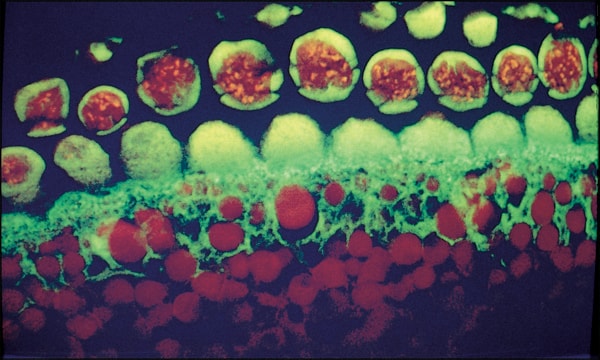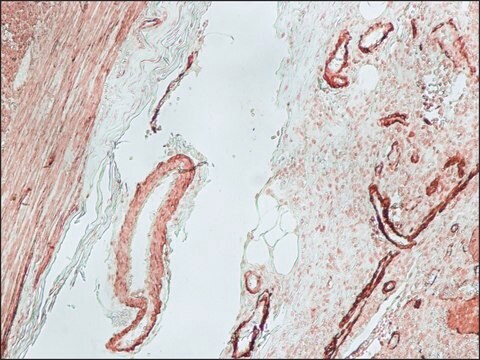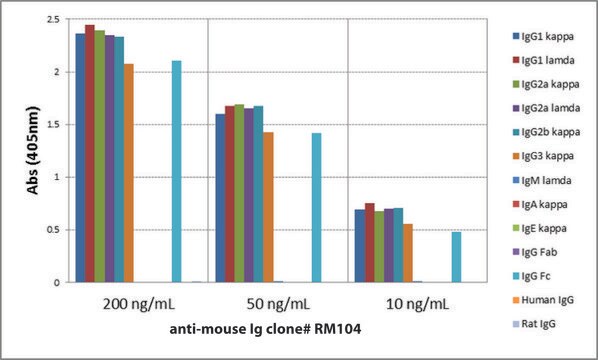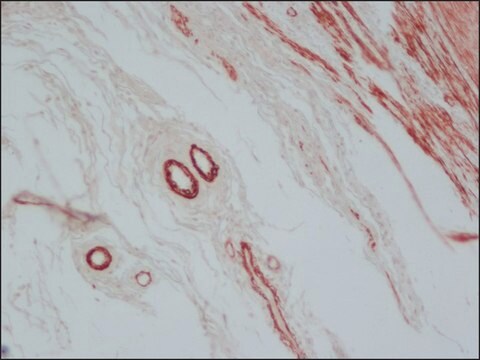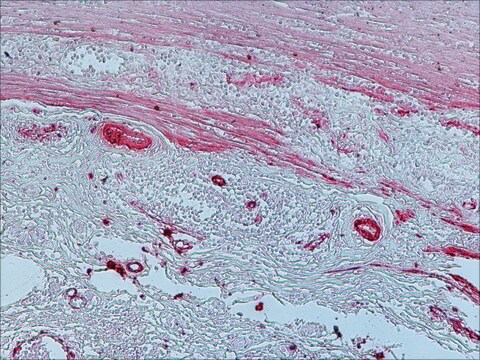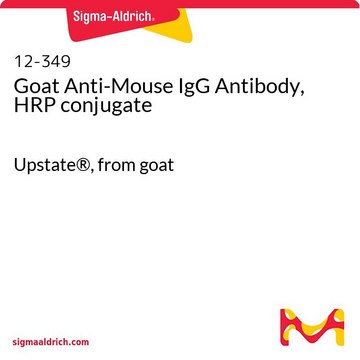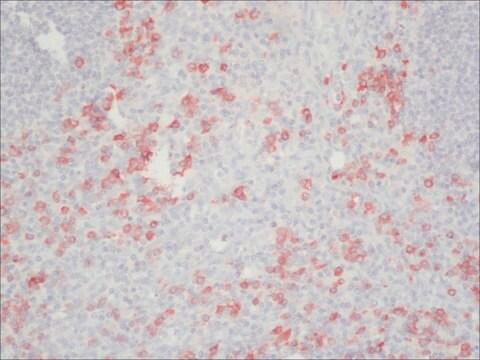B9904
Anti-Mouse IgG (Fc specific)–Biotin antibody produced in goat
affinity isolated antibody, buffered aqueous solution
About This Item
Recommended Products
biological source
goat
Quality Level
conjugate
biotin conjugate
antibody form
affinity isolated antibody
antibody product type
secondary antibodies
clone
polyclonal
form
buffered aqueous solution
species reactivity
mouse
concentration
≥2 mg/mL
technique(s)
direct ELISA: 1:50,000
immunohistochemistry (formalin-fixed, paraffin-embedded sections): 1:300
western blot: 1:200,000-1:400,000 using total cell extract of HeLa cells
storage temp.
−20°C
target post-translational modification
unmodified
Looking for similar products? Visit Product Comparison Guide
General description
Application
Biochem/physiol Actions
Other Notes
Physical form
Preparation Note
Disclaimer
Not finding the right product?
Try our Product Selector Tool.
Storage Class Code
10 - Combustible liquids
WGK
WGK 3
Flash Point(F)
Not applicable
Flash Point(C)
Not applicable
Certificates of Analysis (COA)
Search for Certificates of Analysis (COA) by entering the products Lot/Batch Number. Lot and Batch Numbers can be found on a product’s label following the words ‘Lot’ or ‘Batch’.
Already Own This Product?
Find documentation for the products that you have recently purchased in the Document Library.
Customers Also Viewed
Articles
The enzyme-linked immunosorbent spot (ELISpot ) assay enables visualization of multiple secretory products from a single responding cell. The ELISpot provides both qualitative (type of immune protein) and quantitative (number of responding cells) information.
Our team of scientists has experience in all areas of research including Life Science, Material Science, Chemical Synthesis, Chromatography, Analytical and many others.
Contact Technical Service
